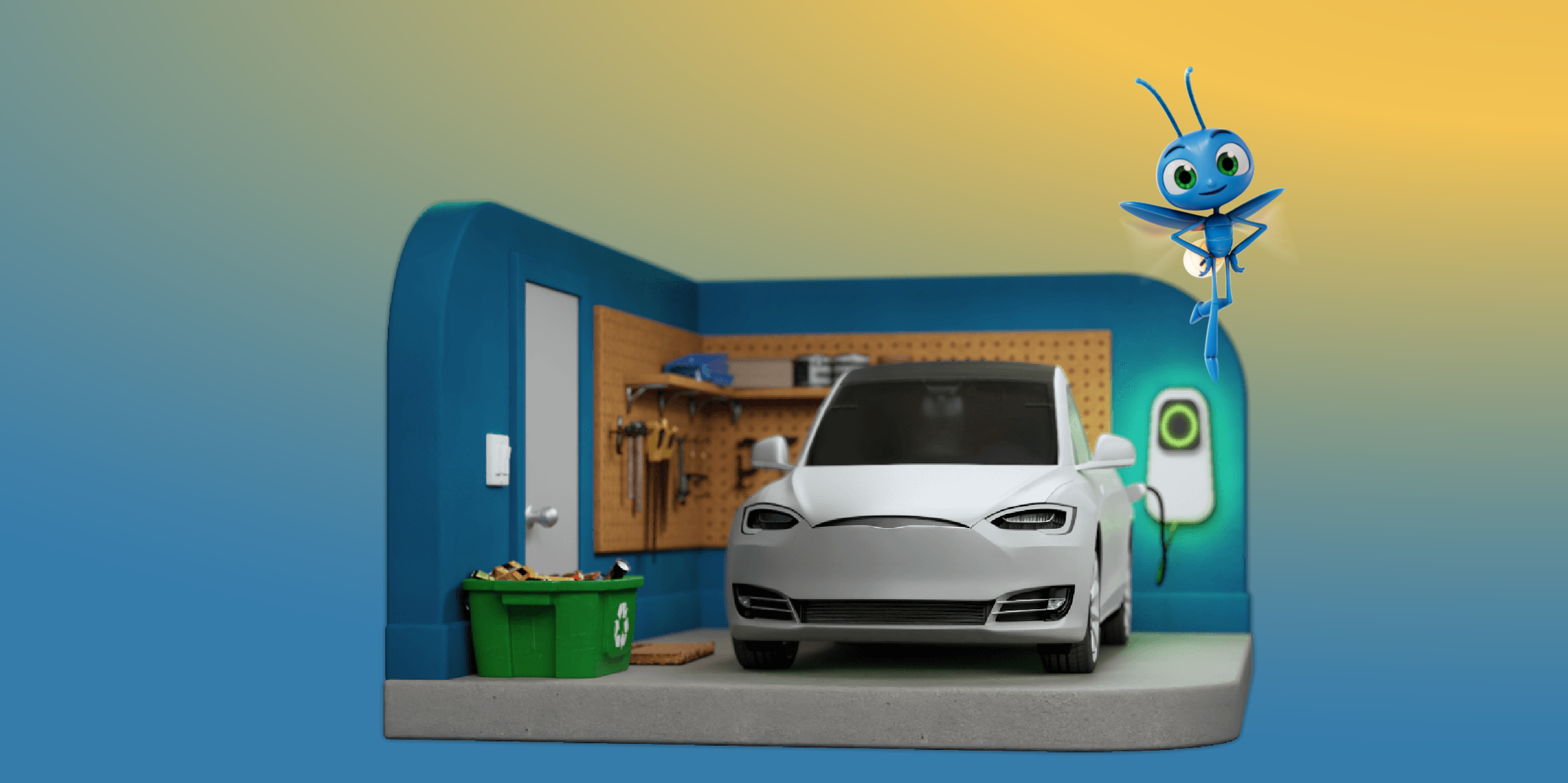Green Mountain Energy® Blog
Go green and live sustainably. We'll show you how.
The Green Mountain Energy blog is your path to explore the world of clean energy and learn ways to live more sustainably after you go green. Our blog offers updates on green living, solar energy, sustainable businesses and community news, as well as Green Mountain Energy business news and Sun Club.
December 12, 2025
Take the itch out of cold weather skin discomfort with these five sustainable skin care ideas.
August 20, 2025
Your carbon footprint is the sum of all greenhouse gas emissions generated from your life. Learn how to calculate your carbon footprint and go carbon neutral.
August 15, 2025
Learn how carbon offsets can reduce your carbon footprint, what to look for when buying carbon offsets and how to limit your daily carbon impact.
June 29, 2025
Learn how phantom loads silently waste energy in your home and discover practical tips to reduce standby power, lower your bills and live more sustainably.
June 09, 2025
If you buy a home with solar panels already installed, it's important to find out if it's an owned or leased system, warranties, system performance, and more
June 03, 2025
Get ready for warmer weather with our home utility checklist. Seal windows, inspect your roof, tune up the HVAC and boost energy efficiency the green way.
February 14, 2025
Explore the essentials of home EV charger installation, including benefits, steps and tips for maximizing convenience, savings and sustainability.
February 12, 2025
Electric vehicles in cold weather can maintain optimal performance by following these helpful tips for EV drivers.
February 11, 2025
Discover essential tips for finding a reputable solar installer, including how to avoid solar scams, ensure quality and enjoy a smooth solar panel installation process.
February 07, 2025
Discover the latest advancements in electric vehicle technology and what the future of EVs holds for us — and the planet.
Blog Categories
Our love letter to the planet.
The goal of Green Mountain Energy’s blog is to advance our mission by being open and honest about sustainability. By providing a space to talk about clean energy and its importance, we aim to elevate environmental awareness and encourage action for our planet.
We love supporting our customers’ steps toward sustainable living and believe that they, too, can show others how to go green and grow their impact. For us, it’s all about igniting positive change so that we all can choose a cleaner planet.
Ready to go green? Sign up for clean energy today.
Our customers have avoided
pounds of CO2
That’s like planting
new trees.








